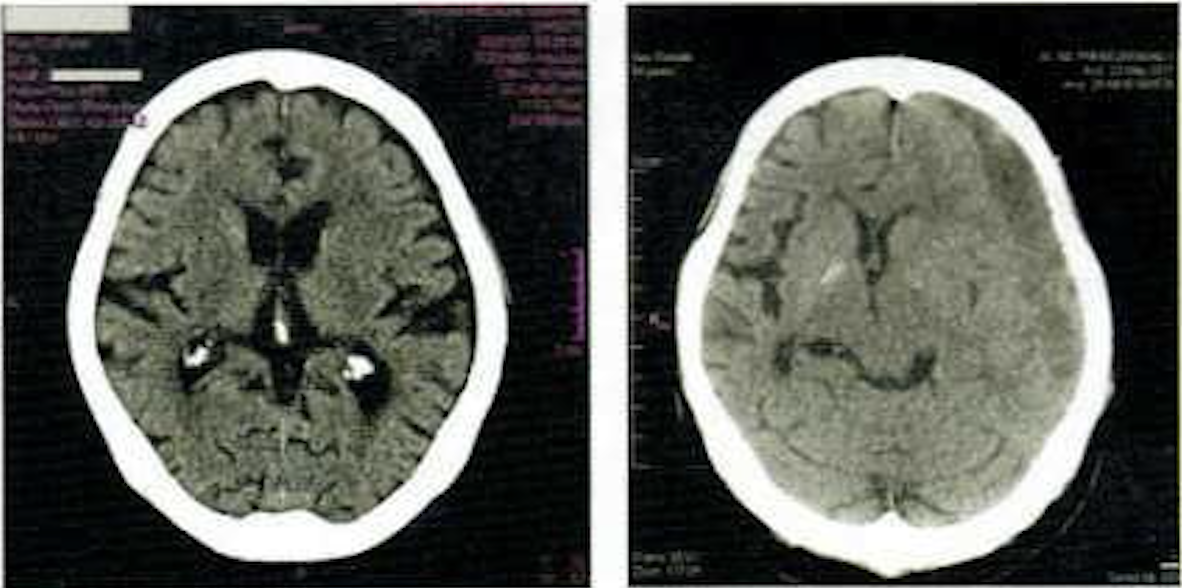Cognitive Impairment Used to Be Called Senile Dementia
Cognitive impairment, previously known as senile dementia, encompasses various conditions such as memory loss and delusions. It is a problem related to brain nerve degeneration. Although the exact causes of brain degeneration that steal memories remain unclear, scientists believe that cognitive impairment is closely related to lifestyle, environmental factors, and genetics.
Reversal Case Study: 92-Year-Old Grandma Leung
In 2014, Grandma Leung was diagnosed with depression, moderate cognitive impairment, and joint pain, and she has been taking medication to manage her conditions. She would sit all day and speak very little, usually only around two or three topics, and would worry about it getting dark or raining. If her hospital visit took too long, she would insist on going home. Her daughter patiently cared for her, knowing that cognitive impairment would eventually lead to a gradual decline in physical functions. Whenever she went out a helper would her, and she used a walking stick. The family also installed CCTV at home to monitor her while they were at work.
On May 22nd last year, Grandma Leung suddenly fainted at noon, hitting her head and causing bleeding. Her family rushed her to the hospital, where a CT scan revealed subdural hydrocephalus caused by high levels of troponin-1 leading to heart ischemia and consequently insufficient blood supply to the brain. Traditional medical treatment would have required surgery to drain the brain fluid, but her family was wary of performing surgery on an elderly patient. They requested a period for observation the doctors.
The subdural hydrocephalus indeed exacerbated her cognitive impairment, leading to her being bedridden, needing a walker and wheelchair, with a swollen head wound, wrist pain, reduced appetite, weakness, and even slight incontinence.
Her daughter, who attended a union seminar I gave titled "New Generation of Natural Therapy – Diseases, Inflammation, and Stress," was convinced by the seminar emphasis on inflammation-induced illness and the idea of targeting liver function for recovery. The liver is a highly complex organ with synthetic, storage, and functions. Particularly, liver enzymes like CYP can degrade up to 75% of bodily toxins, including fats, alcohol, chemicals, pesticides, caffeine, and toxic substances, and they facilitate drug metabolism.
If liver function is imbalanced, inflammation is released from the liver into the bloodstream, reaching the affected areas. Excess cholesterol can lead to cardiovascular diseases, chronic brain degeneration, various inflammations, and even local liver cell poisoning or tumor development.

Under the CT scan, the changes in Grandma Leung's brain were evident, showing subdural hydrocephalus. The left image from March 2017 and the right from May 2017 illustrate the condition. (Photos provided by Dr. Lai Dong-ni)
Effective Liver Function Enhancement Strategy
Understanding that there is no cure for cognitive impairment and that memory and physical functions would gradually deteriorate, her daughter decided to try my advice out of love for her mother. I suggested an initial 30-day treatment plan that excluded congee as a staple food, replacing it with various dried beans, and emphasized a daily intake of the active antioxidant DPPH EFA to improve liver function. This formula had been tested over four years by two universities, showing it could swiftly eliminate liver inflammation factors, including leukotrienes, prostaglandin E2, TNF, MMP3, and Caspase-3, and regulate the degradation of drugs and fats via CYP2E1 and 5A1.
After 30 days, the liver function enhancement strategy reversed her condition. The swelling and wrist pain disappeared automatically, and she became physically stronger. Moreover, her speaking and expression abilities and facial reactions began to improve. Even her attending physician agreed that surgery was no longer necessary, bringing great relief to her family. In the next session, I will share further breakthroughs in Grandma Leung's recovery.
Cognitive Impairment Used to Be Called Senile Dementia